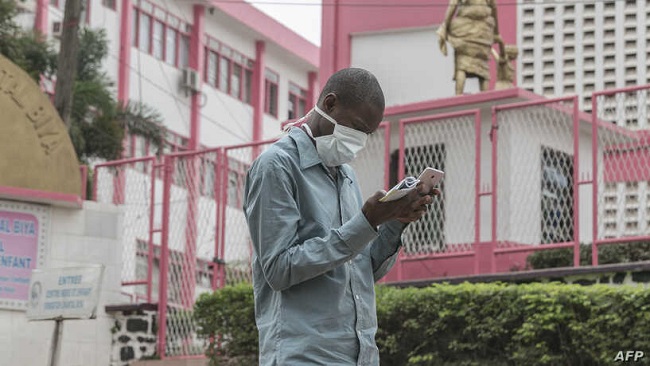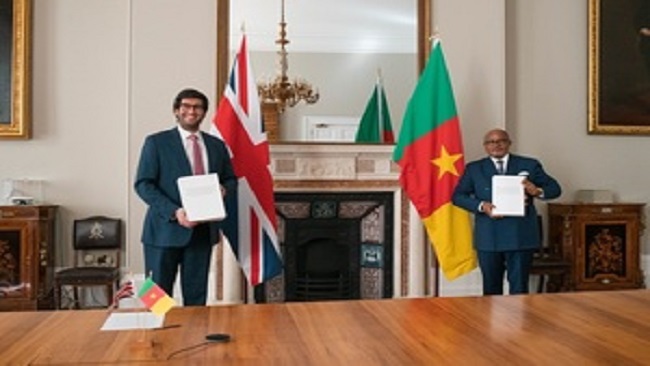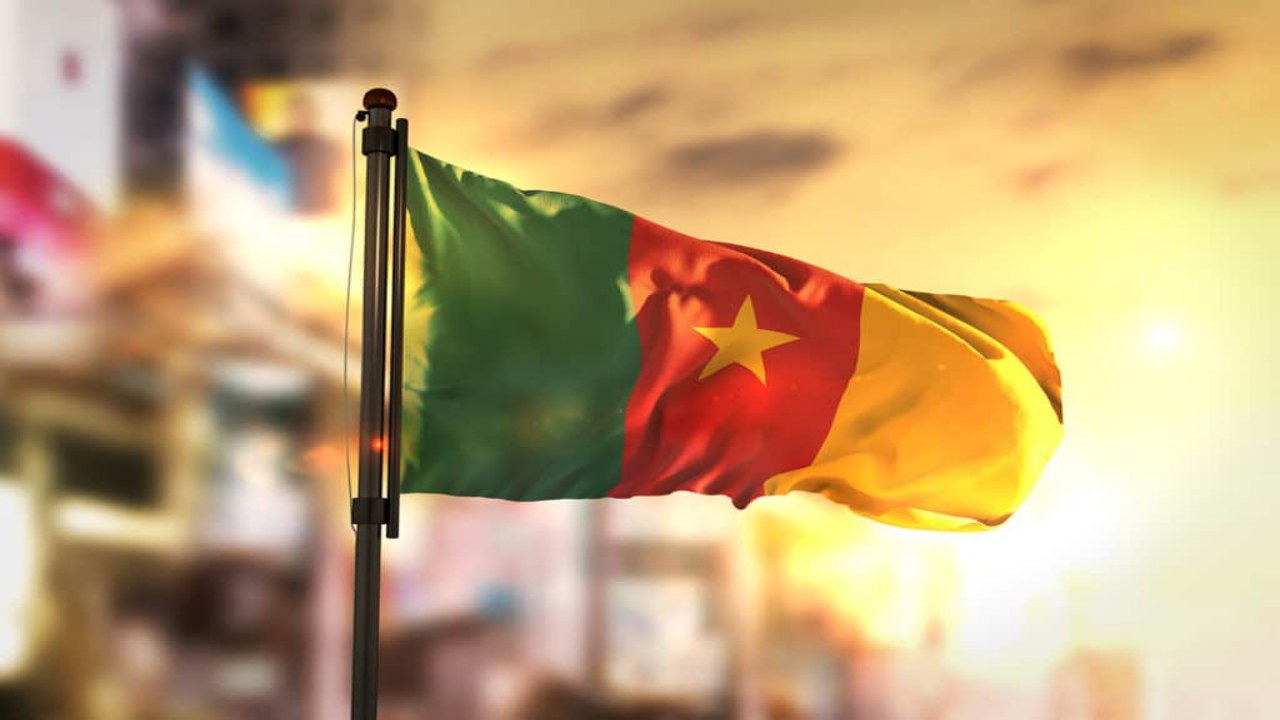The first deal under AfCFTA gets under way as negotiators adapt to new virtual reality
By Virusha Subban, Partner specialising in Customs and Excise at Baker McKenzie in Johannesburg The African Union (AU) announced in August that negotiations around the first commercial trade deal under the African Continental Free Trade Area Agreement (AfCFTA) would be finalised by January 2021. The trade agreement was due to launch on 1 July 2020 […]
By Virusha Subban, Partner specialising in Customs and Excise at Baker McKenzie in Johannesburg
The African Union (AU) announced in August that negotiations around the first commercial trade deal under the African Continental Free Trade Area Agreement (AfCFTA) would be finalised by January 2021. The trade agreement was due to launch on 1 July 2020 but was understandably delayed due to the impact of COVID-19 on logistics and trade in the region. The AU, which is leading discussions around first AfCFTA deal, noted that negotiations would take place via a new African Virtual Trade-Diplomacy Platform, allowing parties from across many different timelines to meet in a secure online environment.
The physical constraints of doing deals during global lockdowns has made negotiation and due diligence more difficult for all dealmakers, but virtual teleconferencing services have done much to address the logistical challenges and have provided the ability for parties to continue negotiations efficiently. Africa’s new virtual trade platform is a service that is likely be of great benefit in speeding up negotiations across vast regions, housing many different cultures, languages and legal frameworks. Its effective use could lay the foundations for more efficient cross-border negotiations in many other Africa-wide commercial and governmental trade initiatives going forward.
The trade in technology services is an especially pertinent area of focus for all countries in Africa that are in the process of adapting to a virtual, post-pandemic reality. Currently, services traded between African countries are mostly limited to the transport sector. Other notable sectors offering a trade in services include energy, financial services, infrastructure development and tourism. These are largely contained between the continent’s main economic hubs: South Africa, Morocco, Egypt and Nigeria. In contrast, trade in services globally is oriented towards the information and communications technology and financial sectors.
Debates on trade liberalization are often focused on trade in goods, but the liberalization of trade in services can be equally important for the welfare of African countries. According to research from Baker McKenzie and Oxford Economics, AfCFTA’s US$ 3 trillion Opportunity, Africa’s trade in services could represent a way to overcome the current production and industrialization limitations that threaten to hold up the Africa-wide trade in goods. Because a service can either be traded directly or serve as an input into the production process of a product, the liberalization of trade in services is not as hindered by current infrastructural or logistic deficits as the trade in goods. In this way, Africa’s service trade sector can benefit from bypassing the industrialization phase.
The research shows that the trade in services is especially promising, considering the services sector currently accounts for over half of gross value added in Africa. The increasing importance of services across the continent also suggests Africa could accelerate this growth in the future through AfCFTA. In order to fully realise such benefits, however, there needs to be a better understanding among policymakers of the important role that services can play in regional value chains. This will allow the continent to address the structural constraints on growth in these sectors. The report notes that easing restrictions on foreign government policy throughout the continent will increase the flow of service trade between countries. For example, allowing more access to the information and telecommunications systems would encourage companies to enter new markets.
The report shows, for example, that lowering the cost of access and usage of communication and fortifying network security will encourage businesses to set up or ramp up operations in the continent. According to the report, currently more than 22% of African countries have higher data costs for 1GB of mobile data than the average for the rest of the world, with a Cable report in 2019 noting particularly high data costs in Zimbabwe, Equatorial Guinea, Saint Helena and Djibouti, for example. The high costs and limited availability or reliability of data connectivity pose a barrier to players entering the technology services market and increases the risk of unreliability and lack of efficiency for those in the market.
Ways to more effectively leverage the trade in services in Africa is likely to receive significant attention as virtual negotiations around the first AfCFTA deals get under way. In the meantime, the finalisation of the first deal deserves to be celebrated for its significance – it signals the beginning of an exciting new global trading zone in a post-pandemic world.
Connectyubuzz
ConnectYuBuzz is an information, education, and entertainment platform which keeps you abreast of all that is going on primarily in Africa and the world. ConnectYuBuzz lets you follow trending news locally and globally, provides rich and comprehensive content for your interests. Read the latest and most popular news articles on entertainment, politics, money & finance, business, technology, sports, lifestyle, fashion,- all delivered by top media outlets in Africa and the World.















































































































